UK must adapt to the changing threat of terrorism, climate change and global pandemics, says Prime Minister Gordon Brown
Climate change, poverty and global pandemics are as serious a risk to security as terrorism, said Prime Minister Gordon Brown in a presentation of the Government’s new national security strategy to the House of Commons.
Laying out the first major overhaul of the National Security Strategy since the end of the Cold War, the Prime Minister said: ‘The nature of the threats and the risks we face have - in recent decades - changed beyond recognition ‘
The security strategy makes clear as well as being able to respond to the challenge of terrorism the Government needed to be able to tackle poverty, climate change, and global pandemics.
With global pandemics the priority is to improve early warning systems, increase global vaccine supplies and to help put in place a more coordinated global response, said the strategy.
Among all the security challenges Britain faces the most serious and urgent remains the threat from ‘loosely affiliated global networks’ of terrorists, added Brown.
“The security strategy makes clear as well as being able to respond to the challenge of terrorism the Government needed to be able to tackle poverty, climate change, and global pandemics.
There are around 30 known plots, 200 networks and 2000 violent individuals currently operating in the UK, the Prime Minister told the Commons.
To address the global insecurities of war, terrorism, climate change, and poverty, Brown spoke of the need to mobilise both ‘hard’ and ‘soft’ power.
He announced that the security service is to double in size to 4,000 personnel and the Foreign Office is increasing the number of staff in the Middle East and South Asia by 30 %, to help combat this threat.
Brown said the strategy would be backed up by a new approach to engage and inform the public. Later this year the government will publish a national register of risks—information that was previously held confidentially.
The UK has also reduced the numbers of operationally available nuclear warheads by 20 %, said the Prime Minister in his statement.





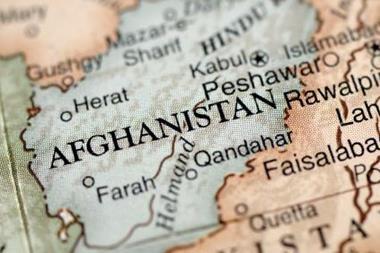
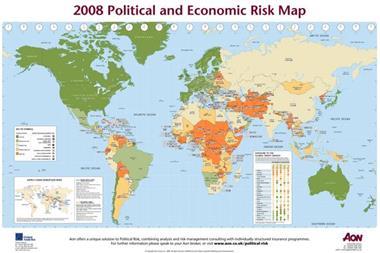
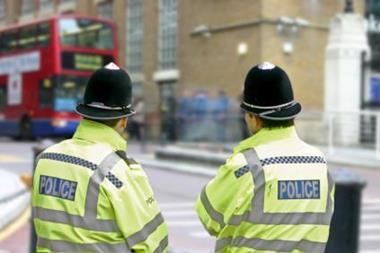
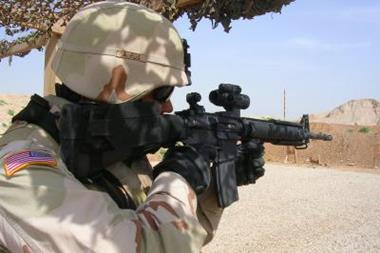
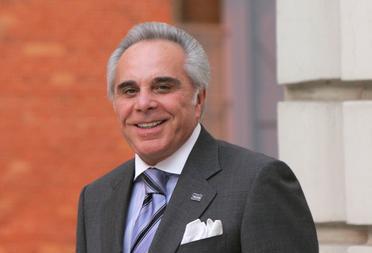
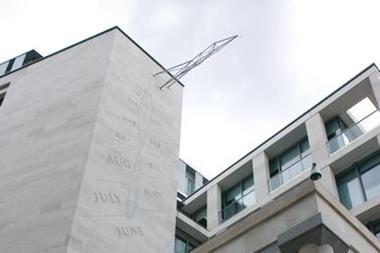









No comments yet